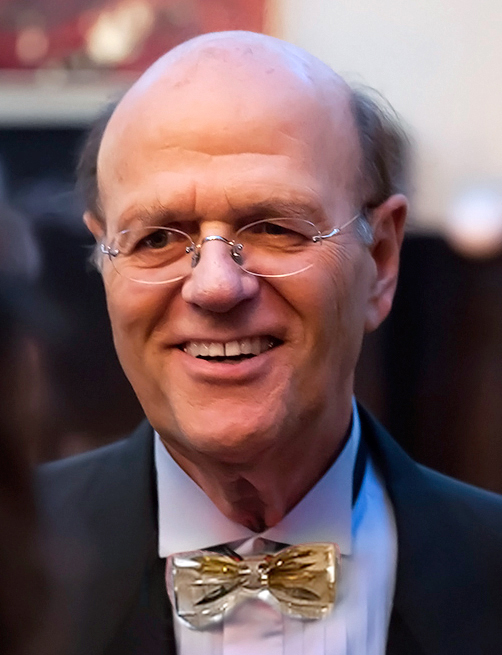
Avoiding Augmentation by Using Short and Ultra-Short Implants
-
You must log in to register
- Member - $50
- Resident Member - Free!
- Allied Staff Member - $50
- Professional Staff Nonmember - $100
- Other Nonmember - $100
The use of augmentation in conjunction with traditional length implants has long been considered the standard. With the advent of short and ultra-short implants, the need for augmentation has been greatly reduced.
This 60-minute webinar reviews recent long-term studies that confirm short and ultra-short implants show results comparable to standard-length implants placed in combination with augmentations. In addition, operative time is significantly less, and morbidity and costs are lower when short and ultra-short implants are used.
Learning Objectives
At the conclusion of this program, participants should be able to:
- Identify those patients who would benefit from short or ultra-short implants.
- Explain the risks, benefits and potential complications of augmentations and augmentation material.
- Recognize when the use of short and ultra-short implants is a better option for the patient than augmentation.
- Explain surgical techniques, anatomy, and advantages and disadvantages of each surgical reconstructive technique.
Boyd J. Tomasetti, DMD
Private Practice
Littleton, CO
Relevant Conflict of Interest Disclosure: Bicon Speakers' Bureau
Rolf Ewers, MD, DMD, PhD
CMF Implant Institute
Vienna, Austria
Relevant Conflict of Interest Disclosure: Bicon research grant and study co-funding
An Internet-based CME Activity
Original Release Date: June 13, 2019
Reivew Date: January 10, 2022
Expiration Date: January 10, 2025
Estimated time to complete this educational activity: 1.0 hours
Method of participation: Self-Study

Boyd J. Tomasetti, DMD
Boyd J. Tomasetti, DMD
Private Practice Littleton, CO

Rolf Ewers, MD, DMD, PhD
Chairman Emeritus, Hospital of Cranio Maxillofacial & Oral Surgery
Professor Rolf Ewers is currently Chairman of the CMF Implant Institute Vienna, Austria. Raised in Dresden and Stuttgart, Germany, his final school year was spent as an exchange student in San Diego, USA. He studied Medicine and Dentistry in Freiburg, Germany. His Residency was started as a first year surgery resident at the Downstate University in Brooklyn, USA, continuing his training as a Cranio-, Maxillofacial and Oral Surgeon and finishing with his PhD in Freiburg, Germany. For 9 years, he was Deputy Chairman of the University Hospital for Oral-Maxillofacial Surgery in Kiel, Germany. Until October 2012, for 23 years he was Chairman of the University Hospital of Cranio-, Maxillofacial and Oral Surgery in Vienna, Austria and is also since that time chair of the CMF Implant Institute in Vienna, which he continues to be until now.
Full size bio: http://www.cmf-vienna.com/en/t...
Continuing Education Provider Approval
The American Association of Oral and Maxillofacial Surgeons is an ADA CERP Recognized Provider.
ADA CERP is a service of the American Dental Association to assist dental professionals in identifying quality providers of continuing dental education.
ADA CERP does not approve or endorse individual courses or instructors, nor does it imply acceptance of credit hours by boards of dentistry.
The American Association of Oral and Maxillofacial Surgeons designates this activity for 1.0 continuing education credit(s).
AGD - Accepted Program Provider
FAGD/MAGD Credit
11/1/22-12/31/26
Provider ID# 214680
The American Association of Oral and Maxillofacial Surgeons (AAOMS) is accredited by the Accreditation Council for Continuing Medical Education (ACCME) to provide continuing medical education for physicians.
The American Association of Oral and Maxillofacial Surgeons designates this internet-based enduring material for a maximum of 1.0 AMA PRA Category 1 Credit(s)™. Physicians should claim only the credit commensurate with the extent of their participation in the activity.

